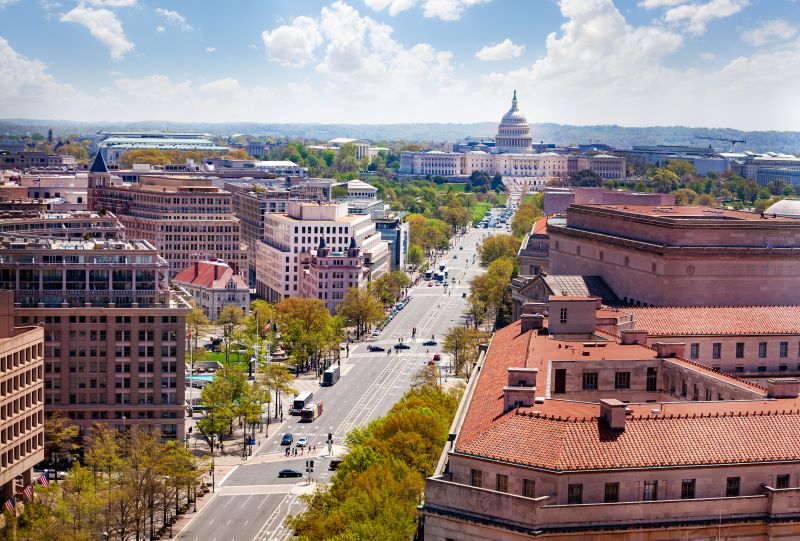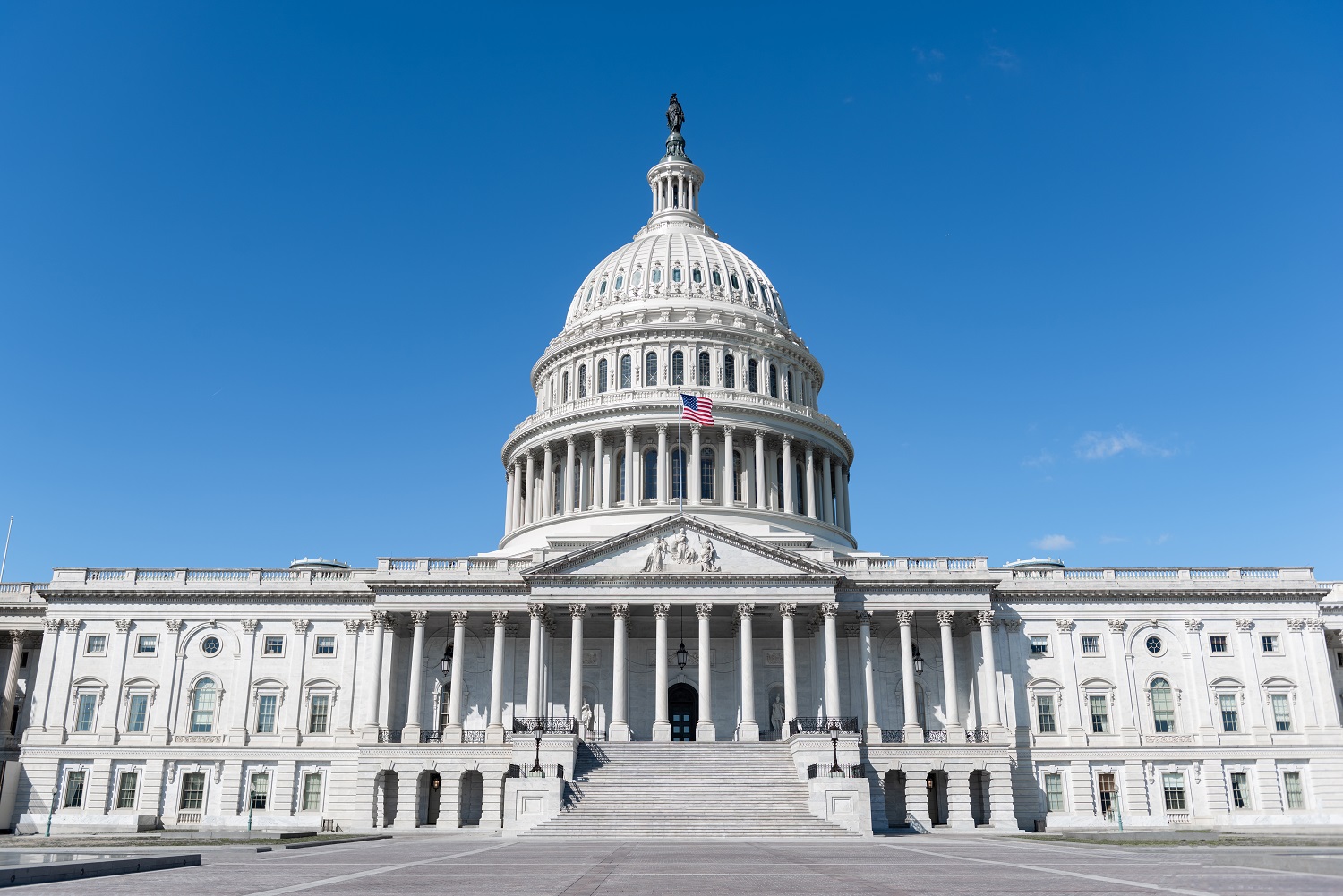The Millennium Challenge Corporation’s (MCC) board of directors approved a second compact for El Salvador almost a year ago, but the agency has yet to set a date for the signing. Since most compacts are signed within a month of their approval, what’s going on with El Salvador? Based on the outcry over the last couple of weeks (from House Democrats, from Oxfam and other NGOs, in the press) it would appear that the US Trade Representative is the block, keeping MCC from signing the El Salvador compact until the country improves compliance with a particular part of its trade agreement. There’s more to the story than that, however, with more actors and more conditions involved. While in many ways, MCC’s decision to postpone signing the El Salvador compact makes sense, I do question the decision to condition the signing of a compact—with a country that otherwise meets MCC’s eligibility criteria and has not experienced a policy decline—on issues unrelated to the content of the compact.
Key elements of the backstory:
Several interrelated issues have contributed to the delay between approval and signing.
- First, as a necessary step for successful implementation of the compact’s investments, GoES agreed during compact development that it would reform its public private partnership (PPP) law to be able to attract private investors into large infrastructure projects.
- Second, in response to concerns by members of its own board (particularly the Treasury and State Departments) and members of Congress about rule of law issues in El Salvador, MCC told GoES that it would need to prove its commitment to addressing these issues before it would sign the compact. Since policy conditions were suddenly on the table, USTR (another board member) chimed in with a request for action on trade issues, as well. GoES came up with an action plan, from which MCC picked five main issues it would hold the government to completing before compact signing: the PPP law (as previously agreed), three rule of law items, and the trade policy issue. At this point, only one item, reform to a money laundering law, is outstanding.
- Third, El Salvador held presidential elections in early 2014. Any talk of signing (as well as progress toward the action plan) was put on hold during the run-up to the election.
Here’s what makes sense about this scenario:
- On the cusp of presidential elections, waiting for the new administration is smart. Signing a compact with an administration that will have no part of implementation makes little sense. It is better for MCC to give the new administration a chance to weigh in on the compact and to gauge the new leadership’s level of commitment to an MCC partnership before proceeding.
- It ties into the Partnership for Growth process. El Salvador is one of four countries selected to be part of the Partnership for Growth (PFG), and the rule of law and PPP components of the pre-compact-signing requirements are specifically included in the country’s PFG Joint Action Plan (the trade component is not). In a way, the pre-signing conditions reflect the PFG’s “whole of government” approach. Since PFG hasn’t come with lots of new money, it’s easy to see why it was tempting for USG to use the big ticket MCC compact as a carrot to expedite progress on PFG goals.
- GoES “owns” the action plan: Though MCC told El Salvador the areas in which it expected to see commitment, for the most part GoES identified the specific actions it would take to address them.
Here’s what I think is odd:
- The policy conditions are largely unrelated to the compact’s content. Policy conditions aren’t new for MCC. They’re a core part of how MCC operates in every country partnership. While they’re often tied to disbursements during implementation, they can appear at other stages of the partnership, including during compact development. Partner country completion of these conditions is critical for the success, cost-effectiveness, and sustainability of MCC’s investments. But what’s different about the El Salvador situation is that, with the exception of the PPP requirement, none of the pre-signing conditions relate directly to the compact investments (which are in education and skills development, investment climate strengthening, and transportation infrastructure improvement). MCC says the action plan items are reforms “necessary to establish a policy environment that is conducive to a successful compact launch,” but, again, with the exception of the PPP requirement, this seems like a bit of a stretch.
- It doesn’t quite mesh with MCC’s eligibility criteria. While trade, investment climate, and rule of law are policy areas captured by MCC’s country eligibility scorecards, the agency has not generally required that countries take additional steps in certain policy areas considered to be weaker, as long as those countries continue to meet the indicator criteria as a whole. And El Salvador has consistently passed the scorecard for several years. A passing scorecard does not, of course, suggest a flawless policy environment, and El Salvador’s scorecard does, in fact, reflect relative weaknesses in rule of law. But this was also the case throughout the implementation of its first compact and when the board selected it as eligible for a second compact. So it’s odd (and inconsistent) that MCC should now tell El Salvador—at compact approval, and in the absence of a specific decline in policy or indicator score—that something about its policy framework is simply not good enough to proceed.
- The completion of required action items is an imperfect signal of a country’s commitment. MCC’s board and others want El Salvador’s action plan to “prove” the country’s commitment to improving certain policy issues. However, the history of donors imposing conditions on recipient countries is full of stories of countries merely checking boxes, or doing the bare minimum, just to get the next tranche of funds flowing. I’m not at all suggesting this is what El Salvador will do in this case. But MCC has avoided this kind of engagement in the past, likely with this potential dynamic in mind. MCC’s practice of selecting countries that already have “good enough” policy environments largely allows it to avoid this kind of often-ineffective policy conditionality.
In the end, while I get the USG’s desire to use all of its tools to push forward a strong bilateral agenda that’s supported by the US and partner country alike, the way the pre-signing conditions have been applied to El Salvador’s compact is inconsistent with MCC’s usual way of doing business. This raises questions about whether the biggest motivation here is placating the concerns of board and congressional stakeholders who have strong opinions about a particular country.
Let’s hope the agency doesn’t adopt this approach as common practice. Once a country is selected as compact-eligible on the basis of its policy performance, it should not, under normal circumstances, have to fulfill policy conditions in order to sign a compact, except those related to the compact investment itself.
UPDATE (7/16/2014): El Salvador's legislative assembly just passed reforms to the anti-money laundering law, the last remaining item on the action plan. If MCC and its board determine that this step meets their expectations for progress, we may see a compact signing soon.
Disclaimer
CGD blog posts reflect the views of the authors, drawing on prior research and experience in their areas of expertise. CGD is a nonpartisan, independent organization and does not take institutional positions.





